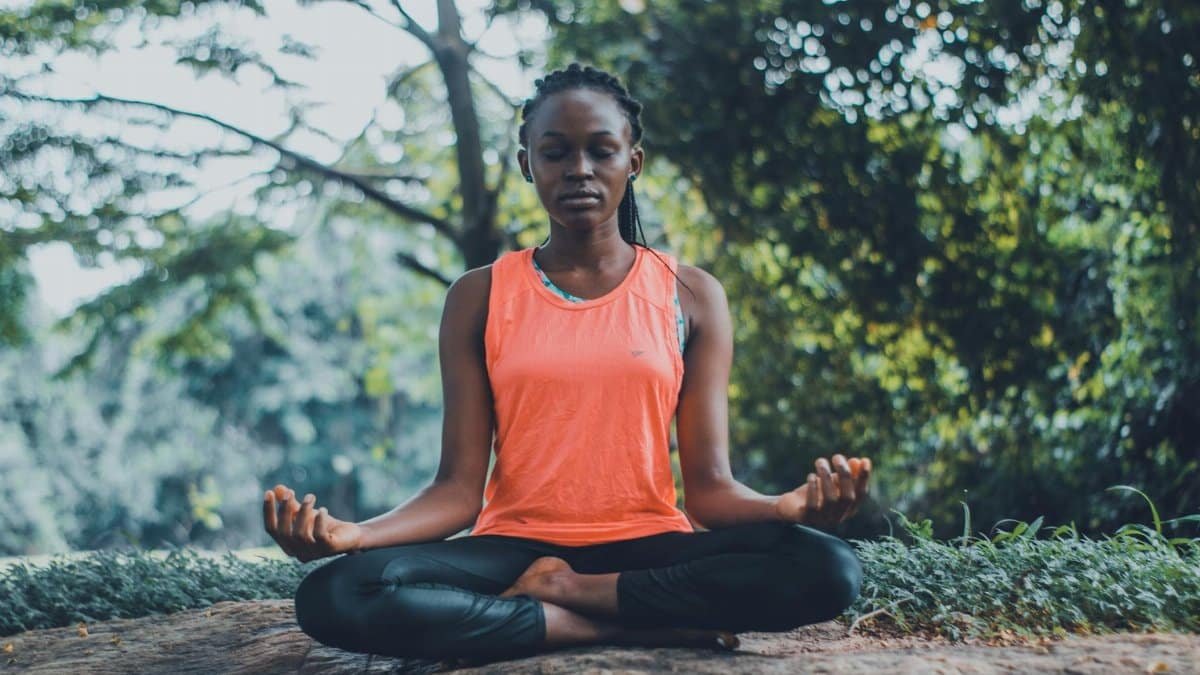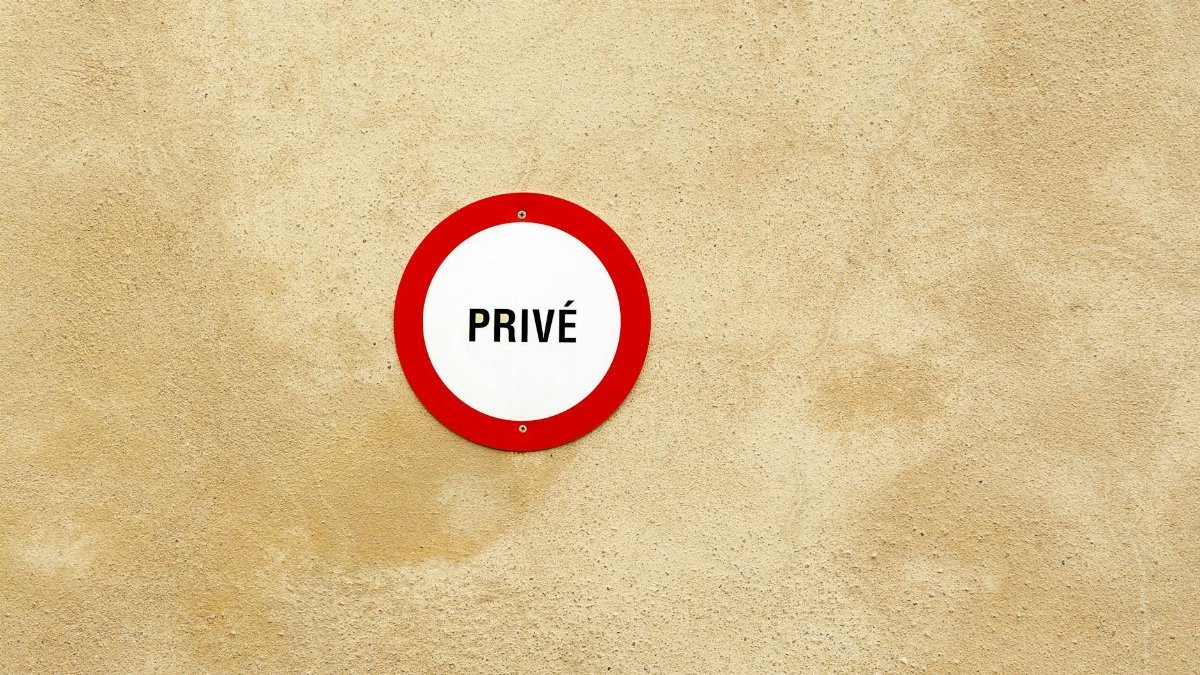In a world obsessed with social media spotlights, new data shows 68% of Americans report higher life satisfaction from private self-reflection practices, according to a recent Pew Research survey. This shift highlights mindfulness awareness as a quiet revolution, where internal growth trumps public validation. Far from trendy apps or viral posts, it’s about tuning into your own thoughts and emotions without the noise. As more people discover this, they’re rethinking what true legacy means, built in solitude rather than applause.
Defining Mindfulness Awareness

Mindfulness awareness boils down to being fully present in the moment, observing thoughts and feelings without judgment. It’s not some mystical ritual; it’s a practical tool rooted in ancient practices but backed by modern science. Studies from Harvard show it reduces stress by rewiring brain patterns. In private, this practice lets you confront personal truths, fostering a legacy of inner strength that public achievements can’t touch. It’s the foundation for authentic self-improvement, away from external pressures.
The Private vs. Public Divide

Public legacies often shine through awards, followers, or headlines, but they can feel hollow. Private ones, nurtured through mindfulness awareness, build resilience and self-knowledge. Think of it as investing in your mental vault. A study from the University of California, Berkeley, links consistent mindfulness to better emotional regulation, helping individuals craft meaningful personal narratives. This divide matters because what you cultivate alone defines your core, not the fleeting praise from others.
Impact on Emotional Health

Engaging in mindfulness awareness privately boosts emotional health by curbing anxiety and depression. Research from the National Institutes of Health indicates participants in mindfulness programs see a 20% drop in stress levels. It’s like giving your mind a daily workout, strengthening it against life’s chaos. In 2025, with rising mental health concerns, this private practice offers a discreet way to heal, creating a legacy of emotional stability that influences every relationship and decision.
Practical Steps to Start

Begin with five minutes a day: sit quietly, focus on your breath, and note wandering thoughts. No apps needed, just commitment. Experts recommend journaling post-session to track insights. A report from the American Psychological Association emphasizes starting small for lasting habits. This private ritual builds awareness, turning introspection into a powerful legacy tool. Consistency is key; over time, it reshapes how you view success and fulfillment.
Challenges in Private Practice

Not everyone finds mindfulness awareness easy at first. Distractions, self-doubt, or impatience often creep in. But overcoming these privately forges character. Data from Johns Hopkins University shows that persistence leads to measurable brain changes after eight weeks. The real challenge? Ignoring public distractions to prioritize this inner work. Those who push through report deeper self-understanding, laying the groundwork for a legacy that’s genuinely yours.
Real-Life Applications

Apply mindfulness awareness to daily routines like eating or walking, turning mundane moments into opportunities for presence. In professional settings, it sharpens focus without fanfare. A survey by Gallup reveals 45% of workers using mindfulness techniques privately report higher productivity. This builds a legacy of quiet competence, where personal growth fuels outward contributions. It’s not about broadcasting your practice; it’s about the subtle shifts that enhance life quality.
Scientific Backing and Trends

Science supports mindfulness awareness with evidence from neuroimaging. The National Institutes of Health funds studies showing reduced amygdala activity, linked to lower fear responses. In 2025, trends point to increased adoption in U.S. workplaces for mental wellness. Another key resource is the Greater Good Science Center at UC Berkeley, which compiles research on how private mindfulness practices enhance long-term well-being and personal legacy.
Building Lasting Legacy Through Awareness

Your private legacy emerges from consistent mindfulness awareness, shaping values and decisions unseen by the world. It’s about aligning actions with inner truths, not seeking approval. As U.S. trends evolve, more individuals turn inward for fulfillment. This approach ensures a legacy of authenticity, resilient against public scrutiny. Ultimately, what you nurture in solitude outlasts any external accolade, proving true impact starts within.
Overcoming Skepticism

Skeptics dismiss mindfulness awareness as fluff, but evidence counters that. Controlled trials from the Mayo Clinic demonstrate tangible benefits like improved sleep and focus. Privately embracing it silences doubts, building a legacy of proven self-care. In a fast-paced 2025, this counters burnout culture, offering a path to sustainable personal growth without public validation.
Future Implications for Personal Growth

As mindfulness awareness gains traction, its role in private legacy-building will expand. With apps and community programs on the rise, the core remains individual practice. Experts predict broader integration into education and healthcare by mid-2025. This evolution promises legacies rooted in awareness, empowering people to live intentionally, one private moment at a time.
